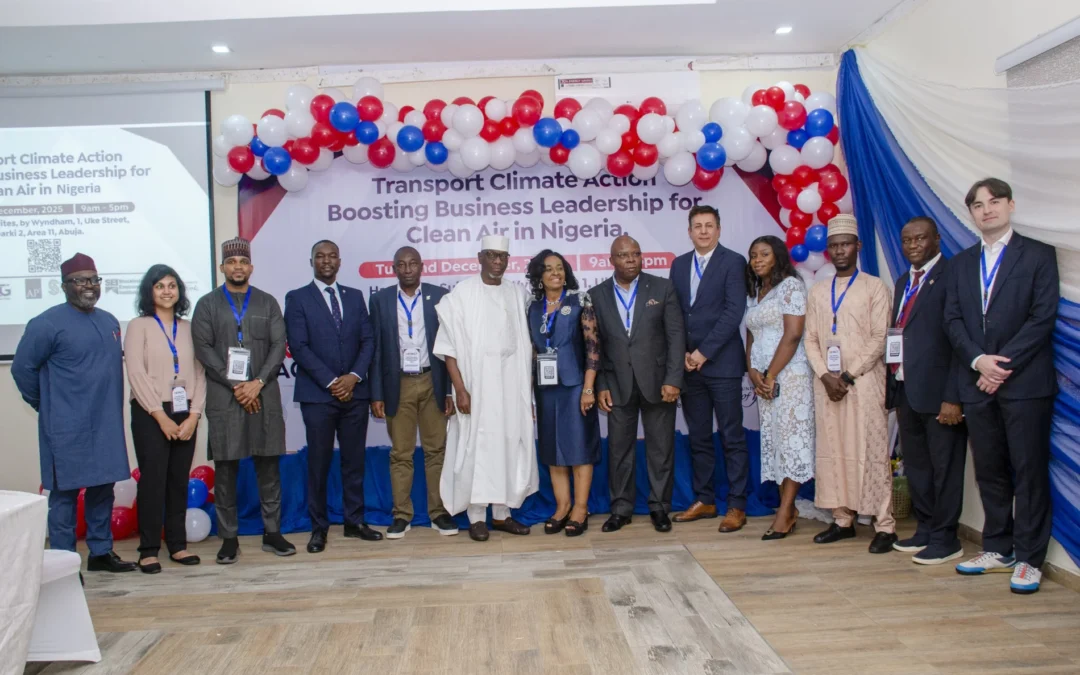by SLOCAT | Jun 9, 2020 | Events
Transport and mobility can play a central role in improving the quality of life. In this Fireside Chat episode of Let’s Talk Transport, experts from the sustainable, low carbon transport community, together with others working on public health, air quality, and...
by Alice Yiu | May 30, 2016 | News
Summary for Decision Makers from the first regional assessment of short-lived climate pollutants in the Latin America and Caribbean (LAC) region. Through this assessment, policy makers and implementers will be able to better quantify and understand the relevant...
by Alice Yiu | May 28, 2015 | News
Delegates at the World Health Assembly adopted a resolution to address the health impacts of air pollution – the world’s largest single environmental health risk. Every year 4.3 million deaths occur from exposure to indoor air pollution and 3.7 million deaths are...
by SLOCAT | Sep 10, 2013 | News
Three reports released by the UN Environment Programme (UNEP) evaluate and summarize options for low carbon city planning, non-motorised transport (NMT) and infrastructure risks due to climate variability in India. The reports were published as part of the project on...
by SLOCAT | Nov 26, 2012 | News
Switzerland and Peru are collaborating under the World Meteorological Organization’s Global Framework for Climate Services (GFCS) on a project to improve climate services for the Peruvian Andes. The project will also incorporate generated data into environmental...
 Insights & Data
Insights & Data
 Actions & Change Makers
Actions & Change Makers
 Advocacy & Engagement
Advocacy & Engagement
 Impact Stories
Impact Stories
 Our Strategic Plan
Our Strategic Plan
 Our Vision
Our Vision








